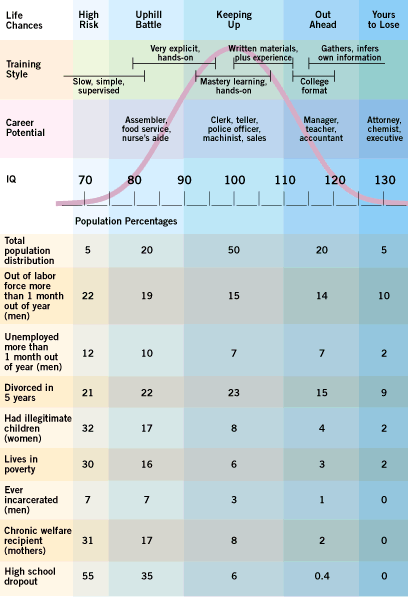Anne Roe Career Development Theory Pdf File

Psychology of working perspective. ▫ The relational theory of working. ▫ Learning new skills to. The psychology of occupations (Anne Roe). ▫ The psychology of careers (Donald Super). ▫ The psychology of. However, they limit our scope and vision. ▫ The notion of career and career development are subsets of a broader. This study explored the career development and exploration experiences of young adults in Canada. Using a grounded theory approach and a qualitative methodology, in-depth interviews were conducted to. Your openness has allowed me to understand your experiences, document it, and share it with others.
23131_chapter_3.pdf - Career Counseling Practices 37 3 M aking an optimal career choice has been and remains one of the major objectives of career counseling. Shark Tank Alpha M Style System. Over time, career counseling Download our theories of career counseling anne roe eBooks for free and learn more about theories of career counseling anne roe.
These books contain exercises and tutorials to improve your practical skills, at all levels!
Anne Roe (1904—1991) was born and raised in Denver, Colorado. Upon graduating from the University of Denver, she attended Columbia University, following the recommendation of Thomas Garth. At Columbia, Roe worked in the office of Edward Lee Thorndike, graduating with her Ph. Crane Sports Cross 7 Ergometer Manual Transfer there. D. In experimental psychology under the supervision of Robert S.
The publication of The Psychology of Occupations would introduce Roe’s theory of personality development and career choice, her most enduring scientific contribution. Roe’s theory can be separated into two key areas: theoretical aspects of personality and classification of occupations. Inspired by Maslow’s hierarchy of needs, Roe incorporated the psychological needs that develop out of parent-child interactions in her conceptualization of personality. Roe classified parent-child interaction patterns into three categories, each with two subcategories: (1) emotional concentration on the child, further classified as being overprotective or overdemanding, (2) avoidance of the child, further classified as emotional rejection or neglect, and (3) acceptance of the child, further classified as casual or loving. Roe’s interest in parent-child interactions led to the development of the Parent-Child Relations Questionnaire and its revision as a means of accurately assessing such interactions. Out of parent-child interactions, Roe thought that children went on to develop an orientation either toward or not toward people.
Roe was dissatisfied with existing classification systems for occupations, including the benchmark Dictionary of Occupational Titles. In order to compare the individual to a full spectrum of occupations, Roe set out to develop a comprehensive classification system that would allow her to engage her inquiry. The result was a two-dimensional, eight by six classification system with eight categories of occupations (service, business contact, organization, technology, outdoor, science, general culture, and arts and entertainment) and six levels (professional and managerial, levels 1 and 2; semiprofessional and small business, level 3; skilled, level 4; semiskilled, level 5; and unskilled, level 6) within each category. Research into the impact of parent-child interactions on career choice has not resulted in significant support for Roe’s theory. Concerns with subject recall of parent-child interactions, differences in parenting styles between parents and over time, and sample sizes, among other issues, have been cited. Roe openly acknowledged the criticisms of her theory and expressed concerns that her classification system did not adequately address the experiences of women and minorities. In addition, Roe stated that her theory was developed with little forethought in regard to its application.
Still, research support can be found for Roe’s classification system, and a minimal amount of support has been found related to the impact of early interactions upon the work-related behaviors and activities within certain areas of occupational specialization. The impact of Roe’s theory has been realized across the various facets of activities of career development professionals such as teaching, counseling, placement, and research. Roe’s classification system has proven particularly useful to career counselors in the influence it has had in the development of career assessment instruments and in its overall contribution to the mapping of the world of work. References: • Osipow, S. H., & Fitzgerald, L. Theories of career development (4th ed.). Boston: Allyn & Bacon.